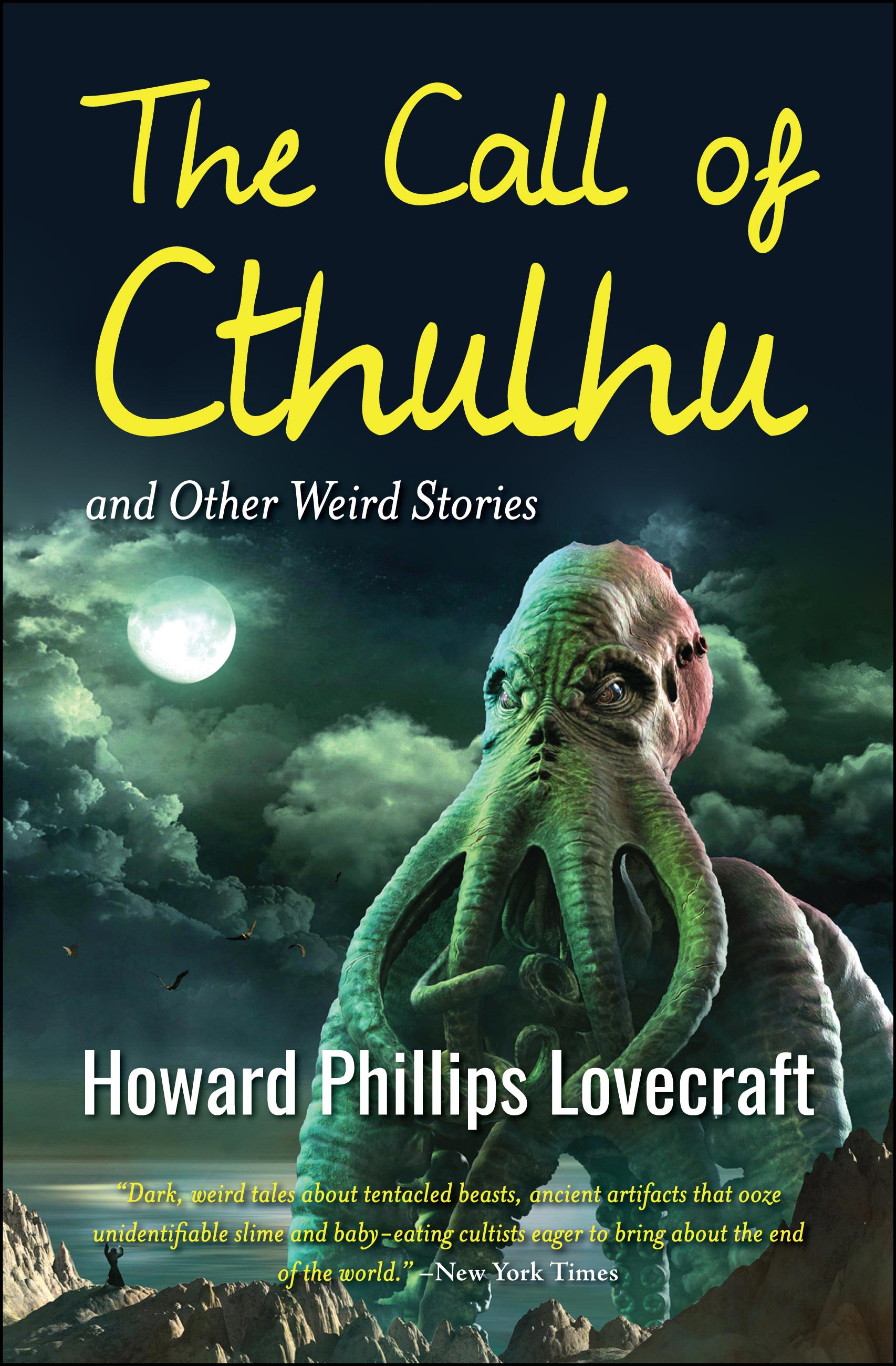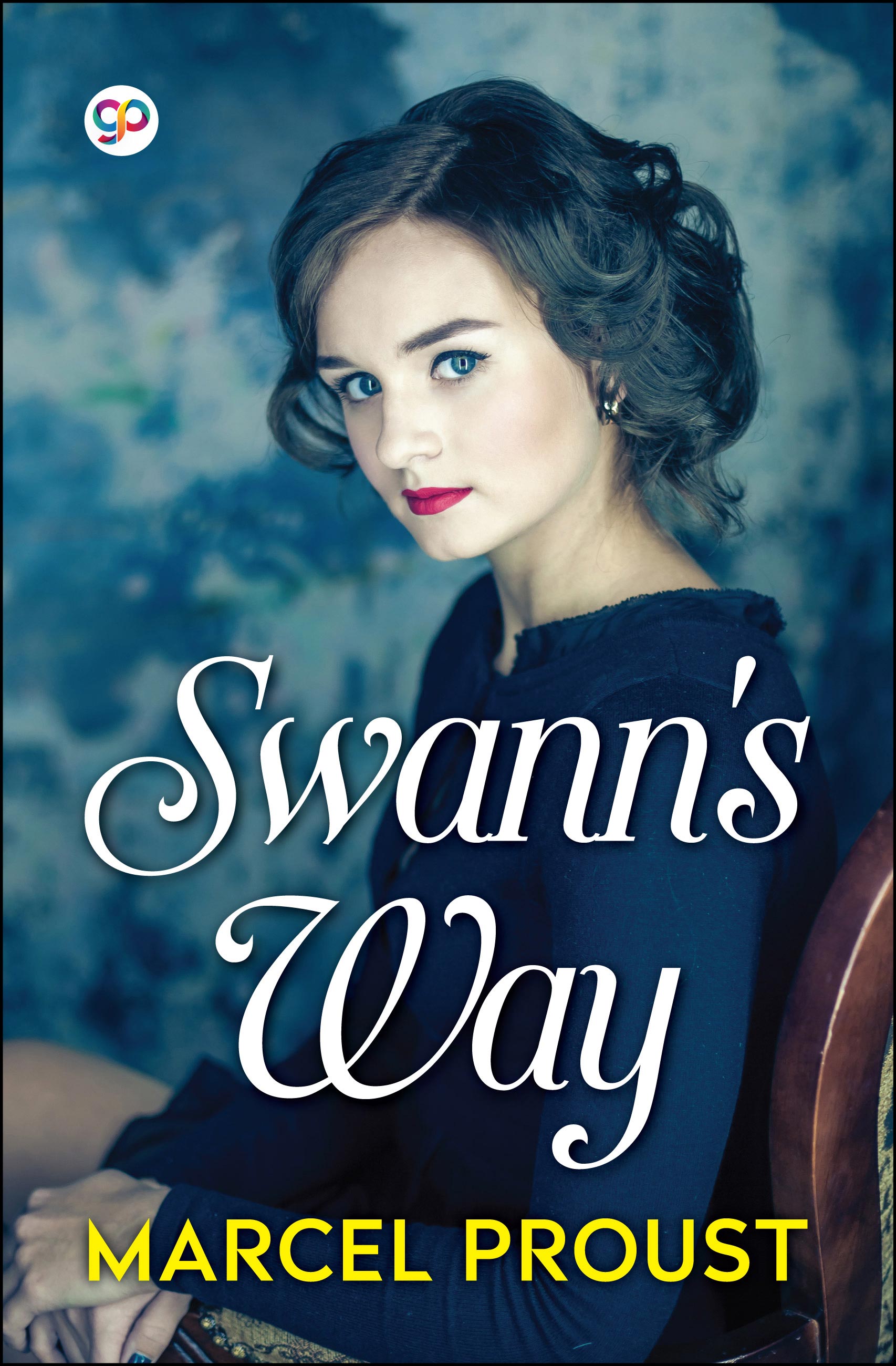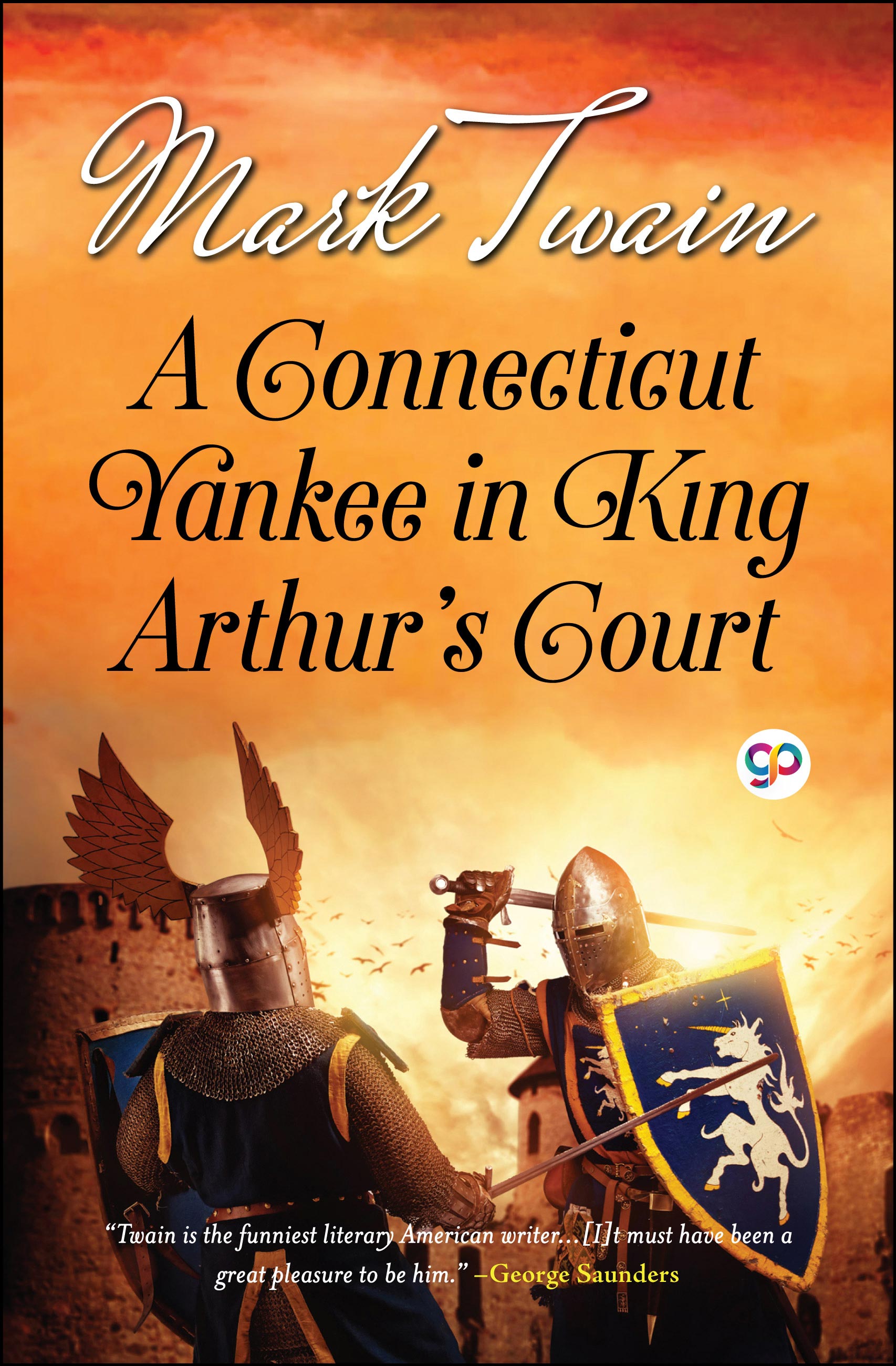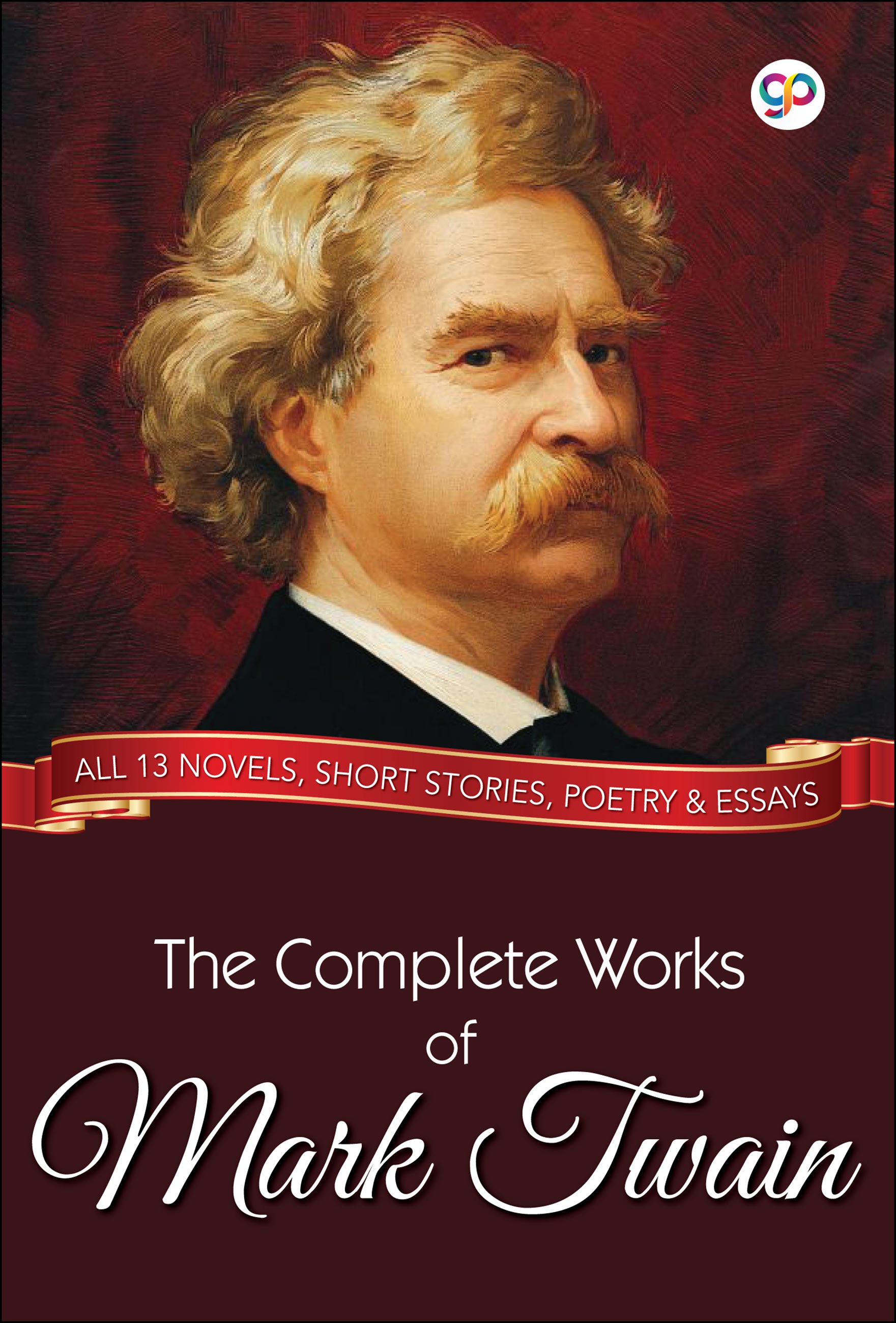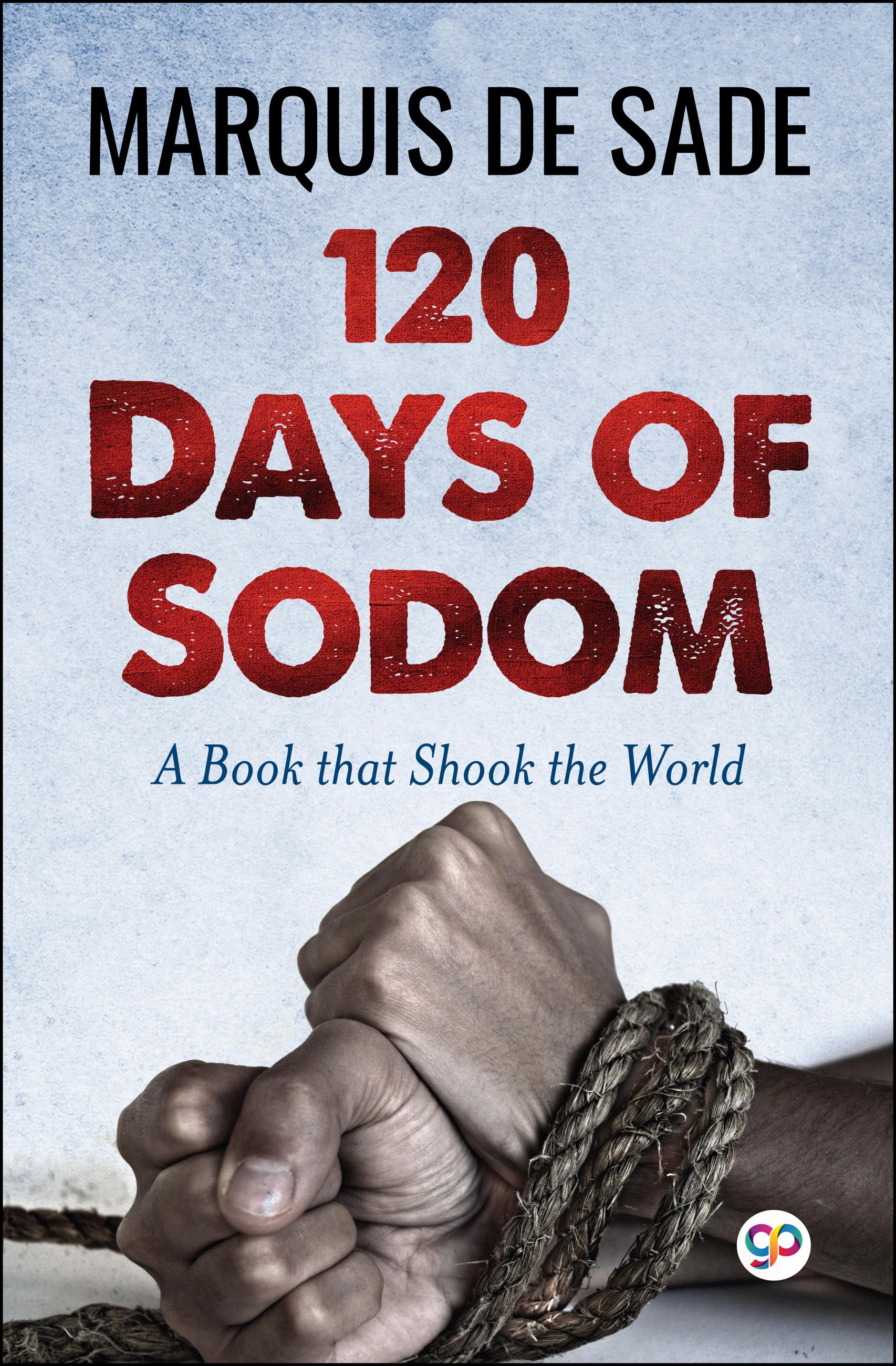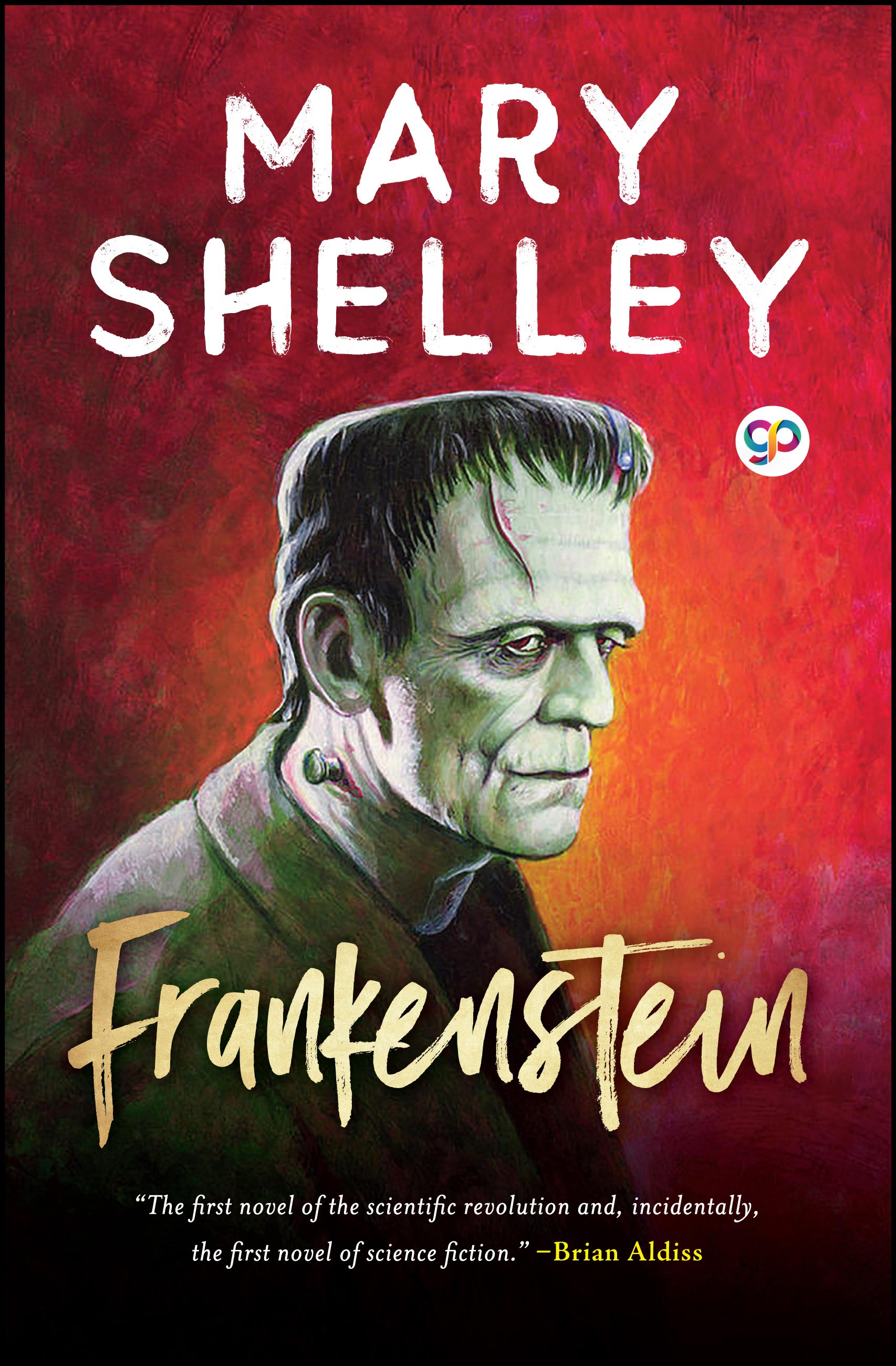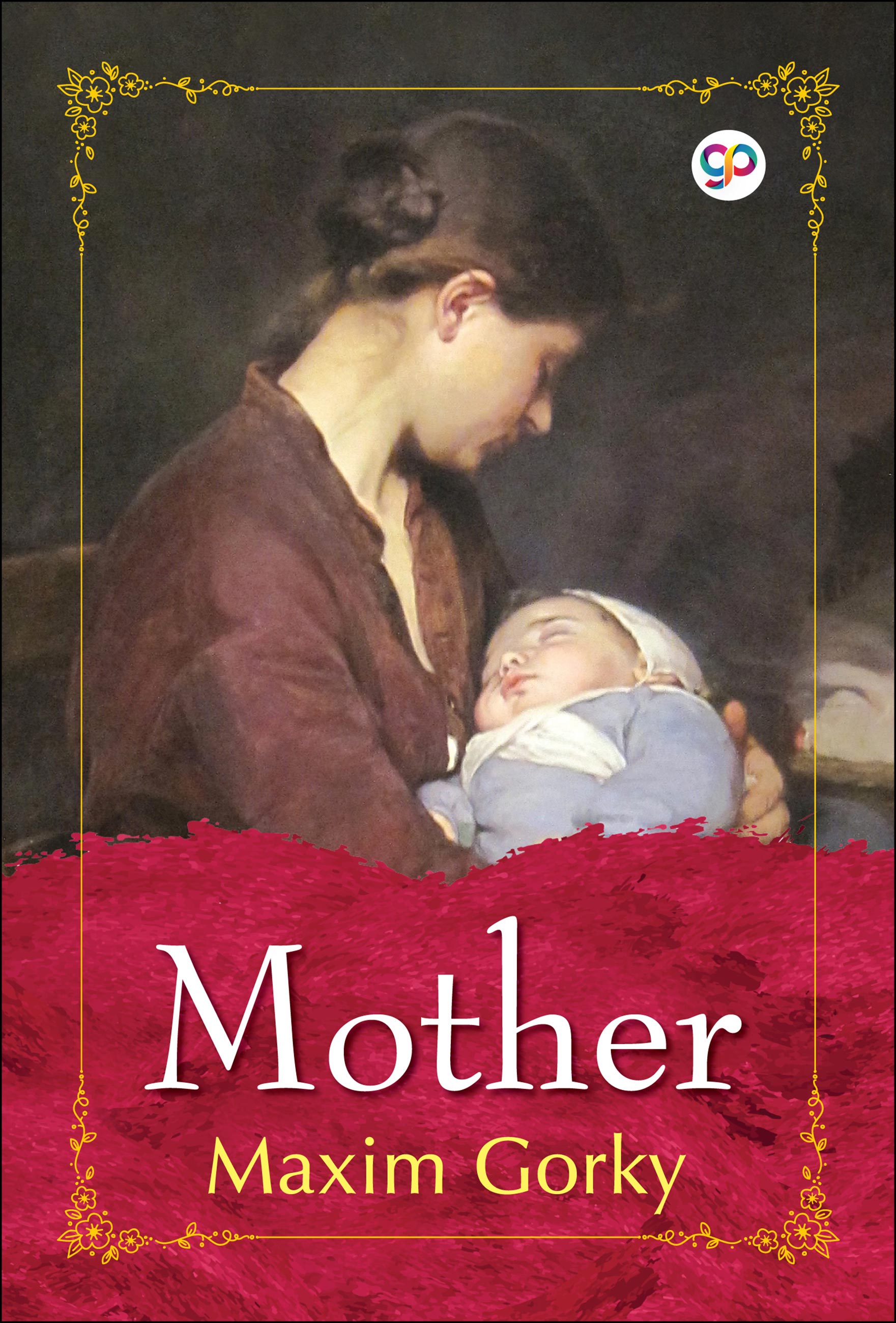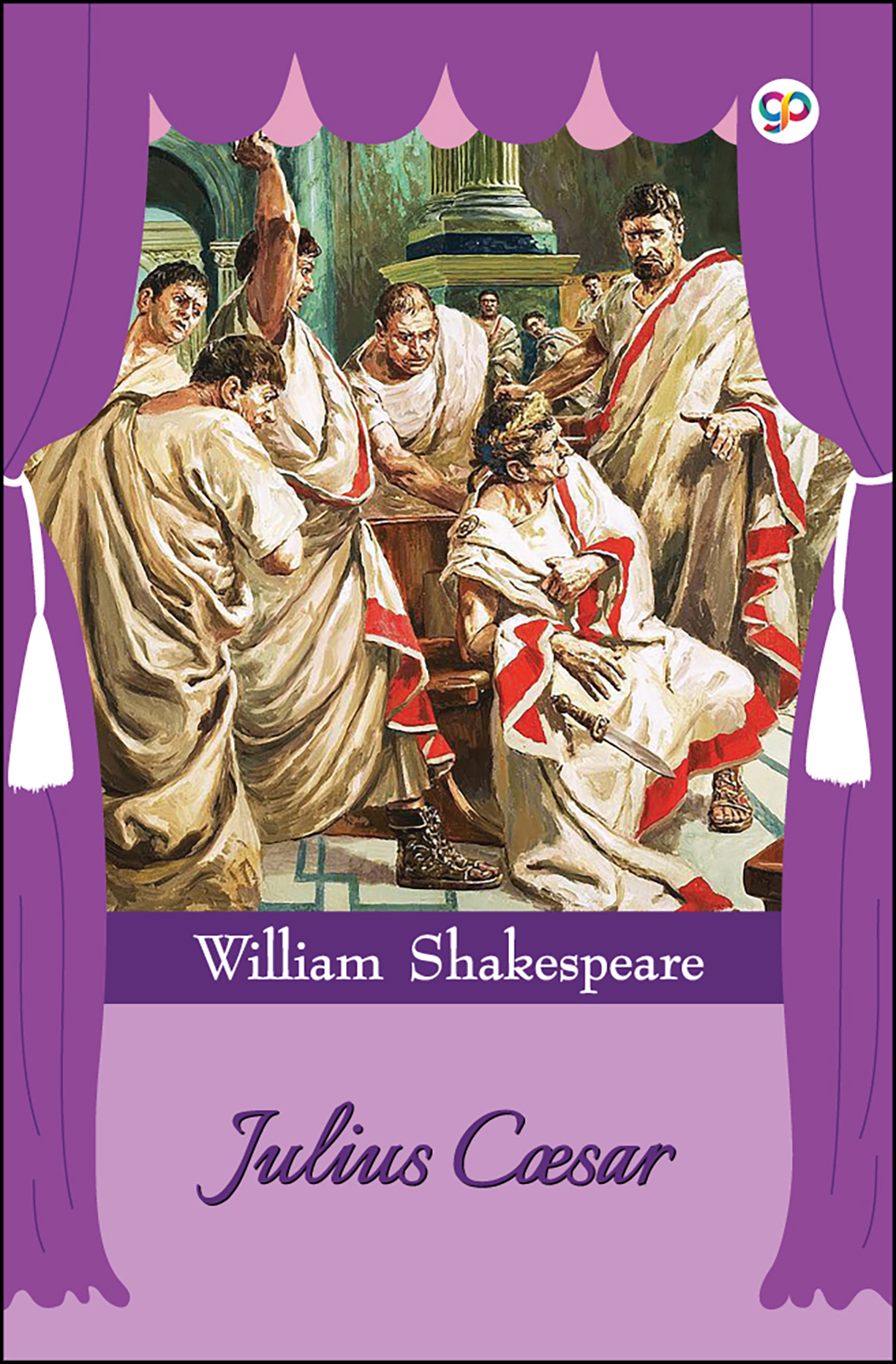
Julius Caesar (Hardcover)
First published in 1599, 'Julius Caesar' was a tragedy and Roman history play by William Shakespeare, an English playwright, poet, and actor. He is widely considered the most splendid writer in the English language and the world’s most remarkable dramatist. Based on Plutarch's narrative of the lives of Brutus, Julius Caesar, and Mark Antony, it reveals the great dramatist's consummate ability to explore and express the most profound human emotions and instincts. So clearly and urgently it impacts its insights into the history and human behavior. It is traditionally among the first of Shakespeare’s plays to be studied at the secondary-school level. After Caesar is assassinated, Mark Antony cleverly turns the crowd against the conspirators in one of the most famous speeches in literature. In the civil war that follows, the forces of Mark Antony and Octavius Caesar eventually win out over the armies of Cassius and Brutus. Humiliated and desperate, both conspirators choose to end their lives. These tragic events unfold in a riveting dramatic spectacle that also raises profound questions about power, government, ethics, and loyalty.
BEST SELLERS
About the Author
William Shakespeare (baptised 26 April 1564) was an English poet and playwright, widely regarded as the greatest writer in the English language and the world's pre-eminent dramatist. He is often called England's national poet and the 'Bard of Avon' (or simply "The Bard"). His surviving works consist of 37 plays, 154 sonnets, two long narrative poems, and several other poems. His plays have been translated into every major living language. Shakespeare was born and raised in Stratford-upon-Avon. Scholars believe that he died on his fifty-second birthday, coinciding with St George’s Day. At the age of 18 he married Anne Hathaway, who bore him three children: Susanna, twins Hamnet and Judith. Between 1585 and 1592 he began a successful career in London as an actor, writer, and part owner of the playing company the Lord Chamberlain's Men, later known as the King's Men. He appears to have retired to Stratford around 1613, where he died three years later. Shakespeare produced most of his known work between 1590 and 1613. His early plays were mainly comedies and histories, genres he raised to the peak of sophistication and artistry by the end of the sixteenth century. Next he wrote mainly tragedies until about 1608. He was a respected poet and playwright in his own day, but his reputation did not rise to its present heights until the nineteenth century. The Romantics, in particular, acclaimed Shakespeare's genius, and the Victorians hero-worshipped Shakespeare. In the twentieth century, his work was repeatedly adopted and rediscovered by new movements in scholarship and performance. His plays remain highly popular today and are consistently performed and reinterpreted in diverse cultural and political contexts throughout the world.
Read Sample
Characters in the Play JULIUS CÆSAR and CÆSAR’S GHOST. CALPHURNIA, Cæsar’s wife. OCTAVIUS CÆSAR : Triumvir after the death of Julius Cæsar. MARK ANTONY : Triumvir after the death of Julius Cæsar. LEPIDUS : Triumvir after the death of Julius Cæsar. MARCUS BRUTUS, who joins the conspiracy. PORTIA, Brutus’ wife. LUCIUS, Brutus’ servant. CICERO : Senator PUBLIUS : Senator POPILLIUS LENA : Senator CAIUS CASSIUS : Conspirator against Julius Cæsar. CASKA : Conspirator against Julius Cæsar. TREBONIUS : Conspirator against Julius Cæsar. CAIUS LIGARIUS : Conspirator against Julius Cæsar. DECIUS BRUTUS : Conspirator against Julius Cæsar. METELLUS CIMBER : Conspirator against Julius Cæsar. CINNA : Conspirator against Julius Cæsar. FLAVIUS and MURELLUS, tribunes. A Soothsayer. ARTEMIDORUS. CINNA the Poet. Another Poet. PINDARUS, Cassius’ bondman. LUCILLIUS, MESSALA, VARRUS, CLAUDIO, young CATO, LABIO, DARDANIUS, CLITUS, another FLAVIUS, STRATO, TITINIUS, STATILLIUS and VOLUMNIUS, campaigners for Brutus and Cassius. COBBLER, CARPENTER and other PLEBEIANS (‘Commoners’). MESSENGER. CITIZENS, SOLDIERS, BEARERS and SERVANTS. Locations: Rome; the vicinity of Sardis; the plains of Philippi. Act 1 Scene 1. Rome. A street. Enter a CARPENTER, a COBBLER and other COMMONERS; then enter, approaching them, FLAVIUS and MURELLUS. FLAVIUS : Hence! Home, you idle creatures, get you home! Is this a holiday? What, know you not, Being mechanical, you ought not walk Upon a labouring day without the sign Of your profession? – Speak, what trade art thou? CARP. : Why, sir, a carpenter. MURELLUS : Where is thy leather apron and thy rule? What dost thou with thy best apparel on? – You, sir, what trade are you? COBBLER : Truly, sir, in respect of a fine workman, I am but, as you would say, a cobbler. MURELLUS : But what trade art thou? Answer me directly. COBBLER : A trade, sir, that I hope I may use with a safe conscience, which is indeed, sir, a mender of bad soles. FLAVIUS : What trade, thou knave? Thou naughty knave, what trade? COBBLER : Nay, I beseech you, sir, be not out with me; yet if you be out, sir, I can mend you. MURELLUS : What mean’st thou by that? ‘Mend’ me, thou saucy fellow? COBBLER : Why, sir, cobble you. FLAVIUS : Thou art a cobbler, art thou? COBBLER : Truly, sir, all that I live by is with the awl: I meddle with no tradesman’s matters, nor women’s matters, but with awl. I am indeed, sir, a surgeon to old shoes: when they are in great danger, I recover them. As proper men as ever trod upon neat’s leather have gone upon my handiwork. FLAVIUS : But wherefore art not in thy shop today? Why dost thou lead these men about the streets? COBBLER : Truly, sir, to wear out their shoes, to get myself into more work. But indeed, sir, we make holiday to see Cæsar and to rejoice in his triumph. MURELLUS : Wherefore rejoice? What conquest brings he home? What tributaries follow him to Rome, To grace in captive bonds his chariot-wheels? You blocks, you stones, you worse than senseless things! O you hard hearts, you cruel men of Rome, Knew you not Pompey? Many a time and oft Have you climbed up to walls and battlements, To towers and windows, yea, to chimney-tops, Your infants in your arms, and there have sat The live-long day, with patient expectation, To see great Pompey pass the streets of Rome; And when you saw his chariot but appear, Have you not made an universal shout, That Tiber trembled underneath her banks To hear the replication of your sounds Made in her concave shores? And do you now put on your best attire? And do you now cull out a holiday? And do you now strew flowers in his way, That comes in triumph over Pompey’s blood? Be gone! Run to your houses, fall upon your knees, Pray to the gods to intermit the plague That needs must light on this ingratitude. FLAVIUS : Go, go, good countrymen, and for this fault Assemble all the poor men of your sort; Draw them to Tiber banks, and weep your tears Into the channel, till the lowest stream Do kiss the most exalted shores of all. [Exeunt all the commoners. See whe’r their basest mettle be not moved: They vanish tongue-tied in their guiltiness. Go you down that way towards the Capitol: This way will I. Disrobe the images, If you do find them decked with cer’monies. MURELLUS : May we do so? You know it is the Feast of Lupercal. FLAVIUS : It is no matter; let no images Be hung with Cæsar’s trophies. I’ll about, And drive away the vulgar from the streets; So do you too, where you perceive them thick. These growing feathers, plucked from Cæsar’s wing, Will make him fly an ordinary pitch, Who else would soar above the view of men And keep us all in servile fearfulness. [Exeunt.

